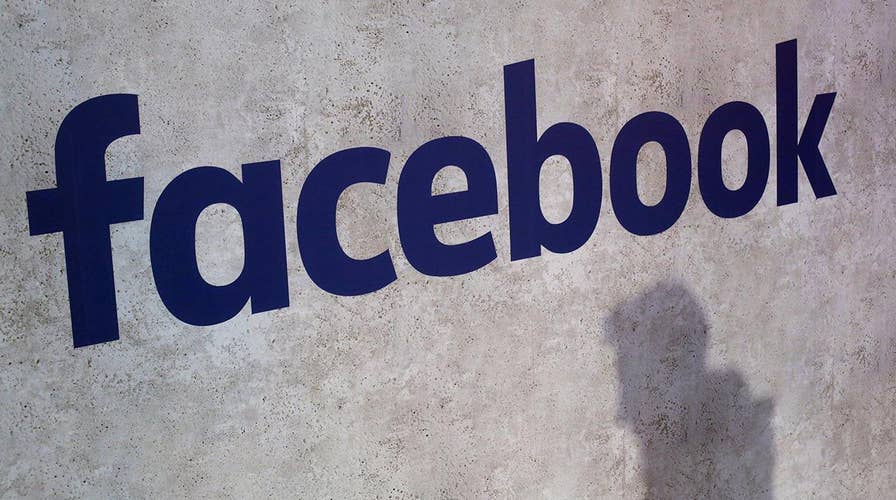FTC reportedly planning 'record-setting' fine on Facebook for mishandling data
Brett Larson reports on what the future holds for the social media giant.
Facebook Inc. plans to make more information available world-wide about political ads purchased on its services, expanding the social-media giant’s effort to defend against politically motivated interference in elections from India to the European Union.
The company said Monday that it will take steps to guard against the spread of fake news and misinformation on its platform in coming elections, including expanding the reach of a searchable database of political ads.
The new tools—similar to those it applied in the run-up to last year’s midterm election in the U.S.—will be available next month in India, before expanding to the EU in March ahead of the bloc’s hotly contested parliamentary election spread across over two dozen countries and languages in May.
The effort is one of the largest and most complex tests of the company’s response to interference in the U.S.’s 2016 presidential election, when Russian propagandists purchased thousands of targeted Facebook ads.
FACEBOOK SLAMS REPORT FROM ZUCKERBERG'S OLD HARVARD CLASSMATE CLAIMING HALF ITS USERS ARE FAKE
This comes at the same time as a broader effort by Facebook to overhaul how it moderates content on its social network. On Monday, Facebook described new aspects of how an outside group will review the company’s content decisions, including the board’s authority to reverse internal decisions about whether to allow or remove certain posts.
The external group could create a buffer between the company and criticism that its decisions to ban certain kinds of content or specific users are inconsistent and biased.
In a document that outlines the group’s draft charter, Facebook said it would select up to 40 people globally to serve on the board. Facebook users can refer questions to the board and the company will also refer content decisions to it, particularly for issues that draw public debate or when decisions appear inconsistent with the company’s values.
MARINE CORPS OFFICER ASKS GOOGLE TO RESUME WORKING WITH THE PENTAGON
Facebook’s Chief Executive Mark Zuckerberg first announced the decision to form this group in November.
On the misinformation front, in the EU there are growing concerns that Russia or other foreign actors will seek to sway national votes for the bloc’s parliament, in which euroskeptic, antiestablishment and extremist candidates are expected to win significant support.
Click here to read more of this story at The Wall Street Journal, where it was originally published.









































